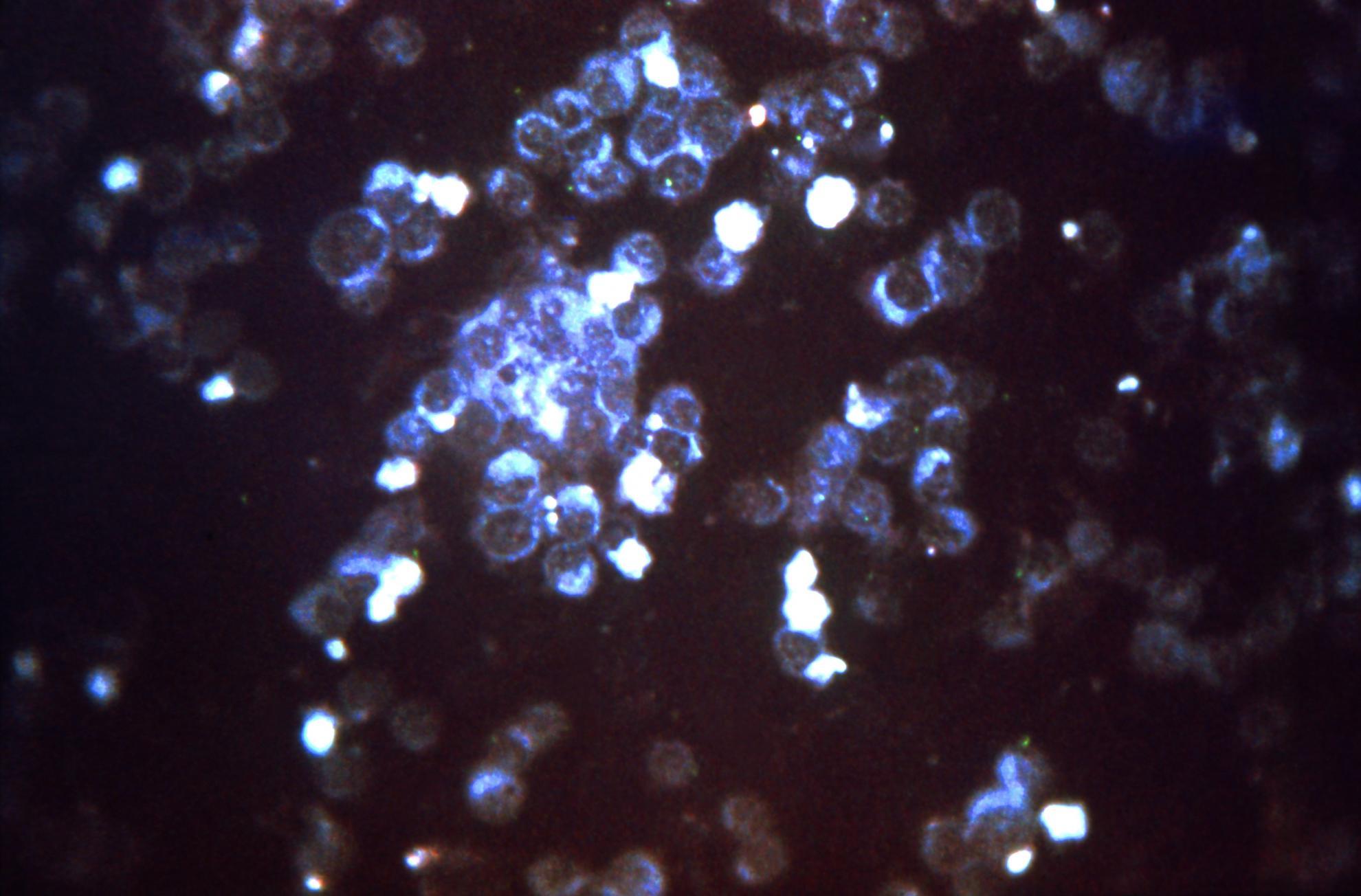Bovine respiratory syncytial virus ISCOMs-immunity, protection and safety in young conventional calves
Bovine respiratory syncytial virus (BRSV) is a major cause of bronchiolitis and pneumonia in cattle and causes yearly outbreaks with high morbidity in Europe. Commercial vaccines against this virus needs improvement of efficacy, especially in calves with BRSV-specific maternally derived antibodies (MDA). We previously reported that an experimental BRSV-ISCOM vaccine, but not a commercial vaccine, induced strong clinical and virological protection in calves with MDA, immunized at 715 weeks of age. The aim of the present study was to characterize the immune responses, as well as to investigate the efficacy and safety in younger animals, representing the target population for vaccination. Four groups of five 38 week old calves with variable levels of BRSV-specific MDA were immunized s.c. twice at a 3 weeks interval with (i) BRSV immunostimulating complexes (BRSV-ISCOMs), (ii) BRSV-protein, (iii) adjuvant, or (iv) PBS. All calves were challenged with virulent BRSV by aerosol 2 weeks later and euthanized on day 6 after infection. The cellular and humoral responses were monitored as well as the clinical signs, the viral excretion and the pathology following challenge. Despite presence of MDA at the time of the immunization, only a minimum of clinical signs were observed in the BRSV-ISCOM group after challenge. In contrast, in all control groups, clinical signs of disease were observed in most of the animals (respiratory rates up to 76 min?1 and rectal temperatures up to 41 °C). The clinical protection was associated to a highly significant reduction of virus replication in the upper and lower respiratory tract of calves, rapid systemic and local antibody responses and T helper cell responses dominated by IFN? production. Animals that did not shed virus detectable by PCR or cell culture following challenge possessed particularly high levels of pulmonary IgA. The protective immunological responses to BRSV proteins and the ability to overcome the inhibiting effect of MDA were dependent on ISCOM borne antigen presentation.
Back to publications
